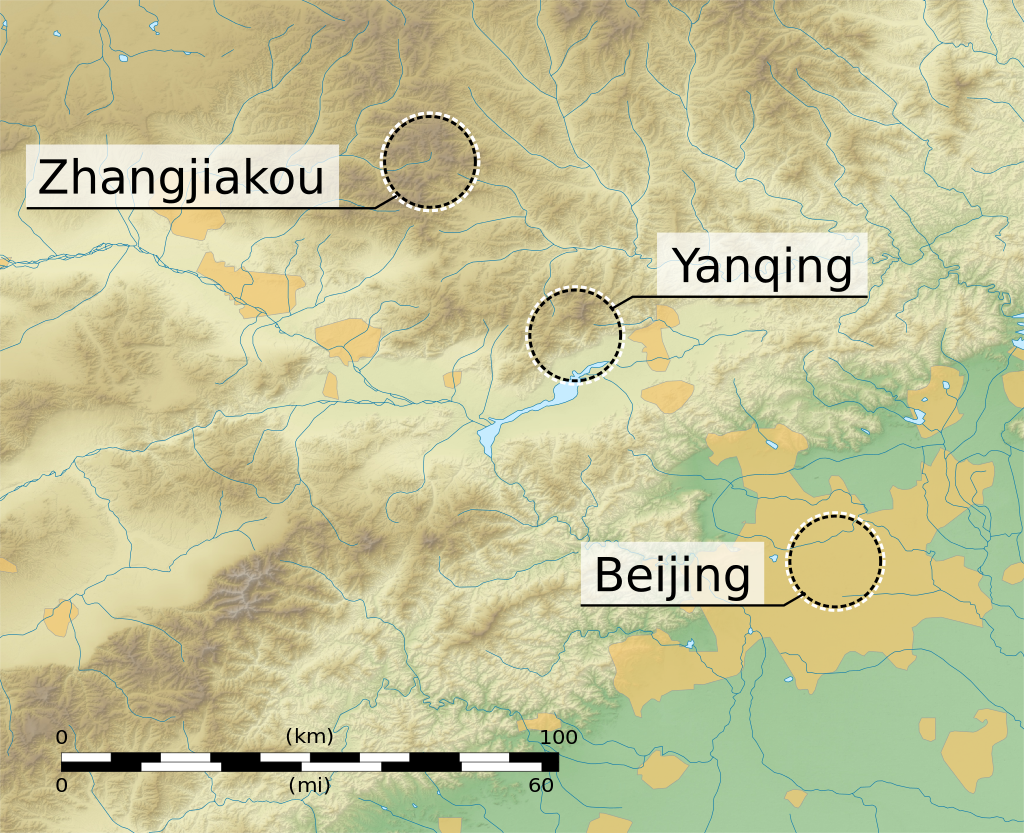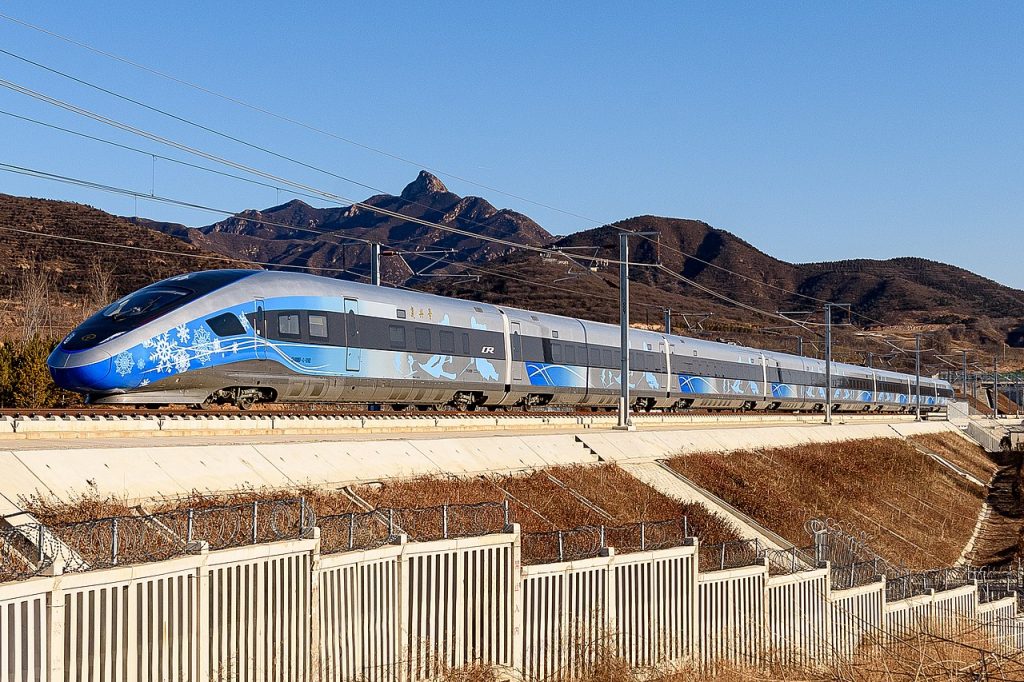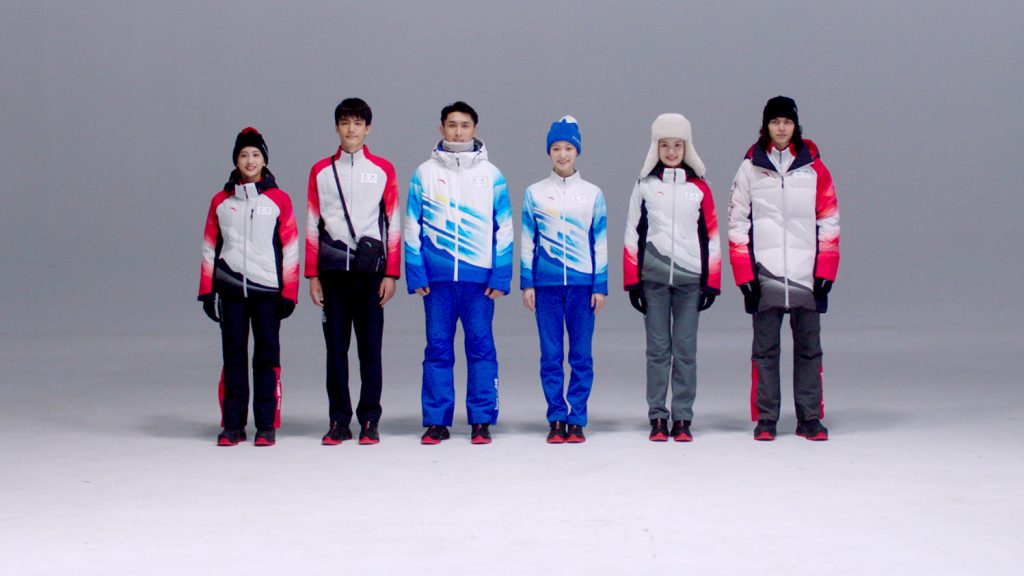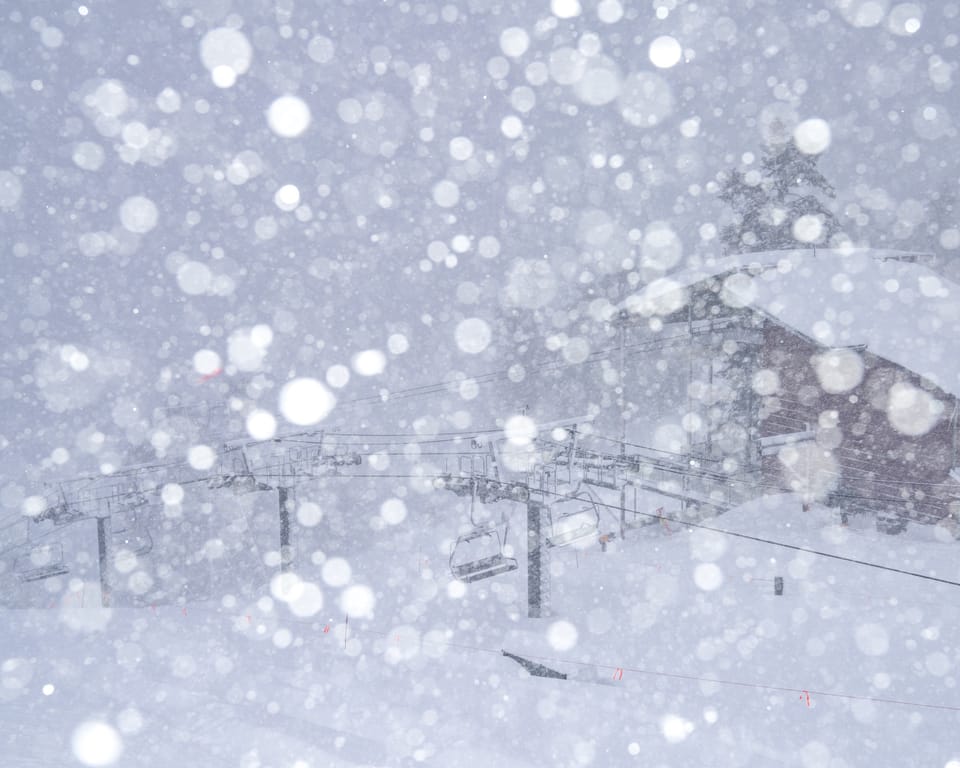China Issues Counter-Arguments To Western Media Reports On Environmental-Damage Caused By Winter Olympics

China has hit back at a flurry of reports in European and North America media focussed on the country’s construction of Olympic ski slopes in a national park and its need to use extensive snowmaking to cover the normally cold, dry terrain where the games are being staged.
The western reports are coming from both the left-leaning media with their focus being on the energy being used being bad for climate change and scarce water resources in the region, as well as the normal attacks on China from right leaning media. It’s unusual for Western media to have such a united front. Most do not mention Chinese responses to their claims.
However, in a response in Chinese-government controlled state media a report refers to the, “so-called environmental damage caused by the Games’ ski venues in Beijing’s Yanqing district, despite these rumours having been clarified by authorities as early as seven years ago.”
The response boils down to the Chinese view that firstly, they are going to deliver a clean, green Games and secondly, this is very much the pot calling the kettle black.
Chinese counter-arguments:
That snowmaking uses a lot of energy: (1) it’s all green energy (2) its state-of-the-art (European made) snowmaking machinery that’s much more efficient than most machinery in use in Europe and North America.
That snowmaking uses precious water resources needed by the local people: The Chinese argument is that the water used represents 2% of the area’s supply and doesn’t impact overall supplies. They also say that the water returns to the water table when the snow.
That the Olympic runs were created on national park land: China doesn’t deny this but skirts around the issue by saying “that’s ancient history” (7 years ago…) and “to offset that we’ve added a lot more to the parkland than we’ve taken away”. Again, they also point out it’s not unusual for ski infrastructure in national parkland in Europe and North America.
Even though the ski area is no longer in the nature reserve there have been a team involved in maintaining flora and fauna through construction, Chinese media claim that at present, there are over 450 species of terrestrial wildlife in Yanqing district where the ski slopes are and that 313 trees were protected during the ski areas construction and 11,000 moved shrubs transplanted nearby.

The stats on the Songshan National Nature Reserve they give is that the reserve has been extended by 31% to 6,123 hectares following its boundary “adjustment” in 2015 to construct the Olympic Alpine ski venue which is to become a recreational ski resort after the Games.
“After adjustment, plant species covered in the reserve increased from 20 to 29, and wild plant species increased by eight species,” a spokesperson said, adding, “Since 2019, wild animals such as wild boars and badgers have been detected around the Yanqing competition venue. At present, there are over 450 species of terrestrial wildlife in Yanqing district.”
Chinese media also note that the lack of international fans attention due to the pandemic means a lot less airmiles will be involved than for previous Games, and that the public ground transportation created is low carbon.

They go on to say that they hope their low-carbon, efficient snowmaking and transportation models will inspire ski areas elsewhere in the world to do better.
The mention of reported Chinese oppression of the Uyghur Muslims that is the main reason given for the very limited diplomatic boycotts of the Games and for small demonstrations ahead of the Olympics in cities around the world is not getting much media coverage at present.





